Storybook Pumpkins
The annual tradition of transforming pumpkins into storybook characters has become a delightful and creative activity for third graders. This engaging project blends literacy with hands-on art and not only fosters creativity but also gives the students a chance to share about some of their favorite characters.
The idea behind storybook pumpkins is simple: students select their favorite book character and decorate a pumpkin to represent that character. This project allows children to express their artistic skills while deepening their connection to literature.
Once a character was chosen, students made it come to life using paint, crafting materials, and accessories.
The project also meant family involvement.
“I chose Fly Guy from “Fly High Fly Guy and Buzz” because I love the character and the adventures in the book,” said Indie Sullivan. “My mom helped me with the eyes and the wings of “Fly Guy. Overall, we worked on it for three days.”
“I talked to my mom about choosing ‘Elf on the Shelf,’” said Harley Gomes. “She thought it was a good choice. We then spray painted the pumpkins and got all the accessories, including lights.”
Gomes especially enjoyed the project and wants there to be more like them for a couple of reasons.
“It was a fun-cool project. These are the projects we really want to keep doing in school. We got to be very creative, and I am very proud of my fellow classmates with how much effort they put into their pumpkins,” said Gomes.
This project serves multiple educational purposes, including literacy development, artistic expression, teamwork, and collaboration.
Families were invited to view students’ pumpkins on Thursday and hear the background behind each creation.
University of Montana Western Visits Campus
University of Montana Western representative Chrissy Stokes spent Tuesday afternoon at the high school. Stokes shared with students the degree programs they offer and their nontraditional one-course-at-a-time structure.
“Montana Western has a unique setup for students called Experience One. It focuses on immersive experiential learning that redefines the educational experience for students,” said Andy Lenon, high school counselor.
During a semester, students will complete four courses or "blocks," earning the same credit as they would in a traditional university format.
“The innovative program allows students to concentrate on one course at a time, dedicating three hours each day for 18 days. This unique structure allows students to fully engage with the material before progressing to the next course,” he said.
The school has been popular with Oasis graduates.
“Our former Oasis students that are attending absolutely love the structure and are even more successful taking one class at a time. I wouldn't mind seeing more universities implementing the Experience One model,” Lenon closed.
Board Games Elective New for Middle School Students
Oasis Academy Middle School offered a unique elective for middle school students this year. Mr. Dane Nott teaches the popular Board Games class, which has a full roster of students.
Critical thinking, problem-solving, math, teamwork, cooperation, patience, increased engagement, resilience, and stress relief are just some of the skills the 45-minute class offers students.
Eighth-grader Leyton Anderson has enjoyed being in the class.
“I like board games,” he said. “It’s a nice way to socialize and kind of get to know my classmates.”
Students can choose from multiple games during the class period.
“My favorite so far is Monopoly, because it involves a couple things. It has money and math skills, and strategy is a big part of the game,” Anderson said.
Incorporating the board games class into the curriculum has supported academic learning and nurtured vital social, emotional, and cognitive skills in students.
Playing board games fosters teamwork, as students must collaborate to achieve common goals. This interaction helps build essential social skills like cooperation, turn-taking, and conflict resolution.
Students also must articulate strategies, negotiate, and listen actively, which enhances their verbal communication abilities. This can be especially beneficial for shy or reserved students.
The interactive nature of board games makes them an effective tool for fostering a collaborative and engaging learning atmosphere.


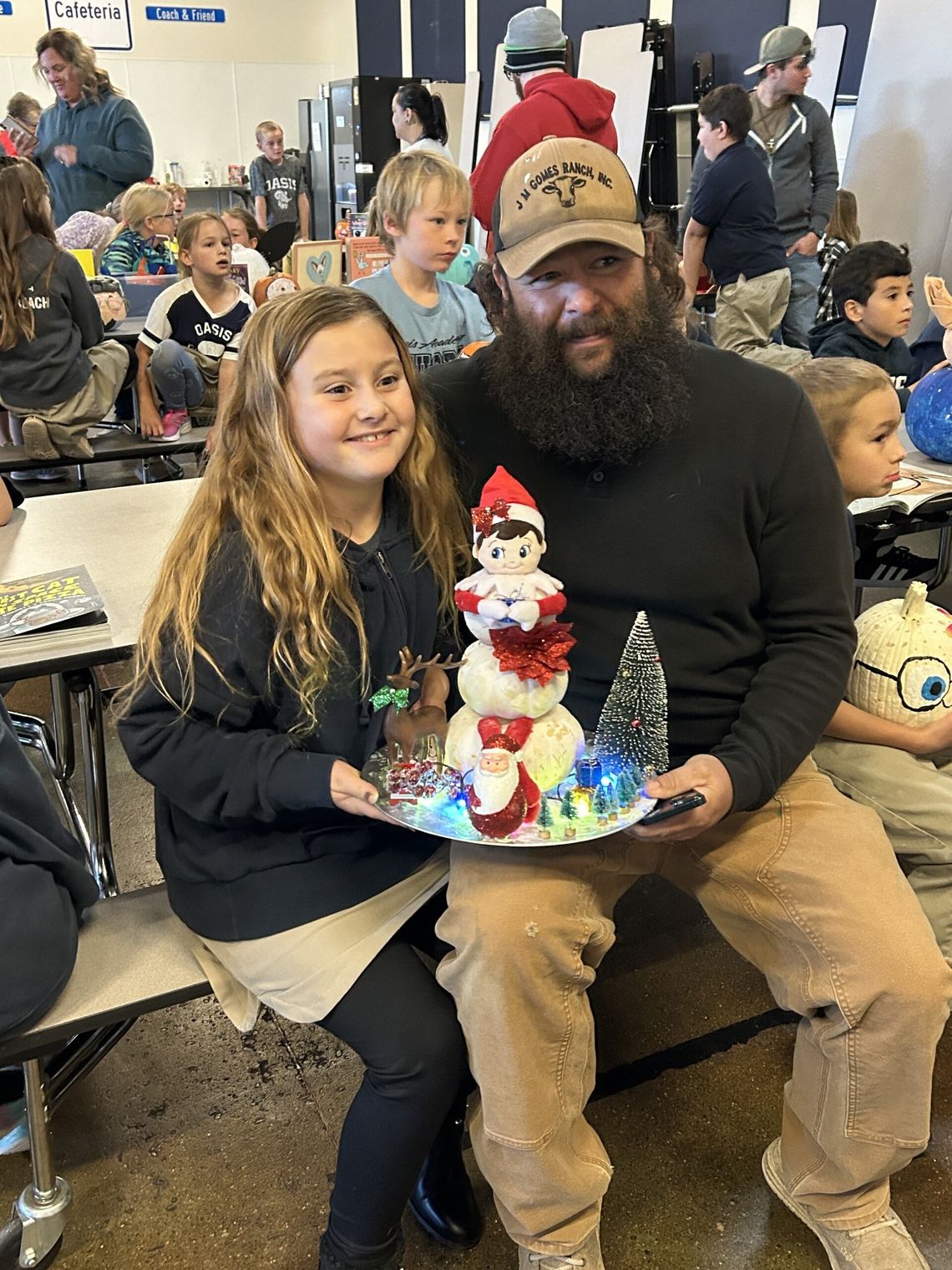
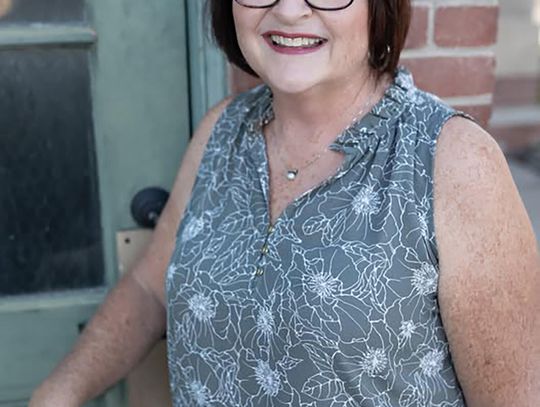

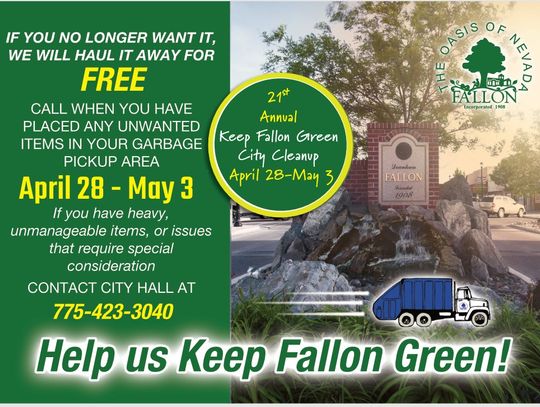
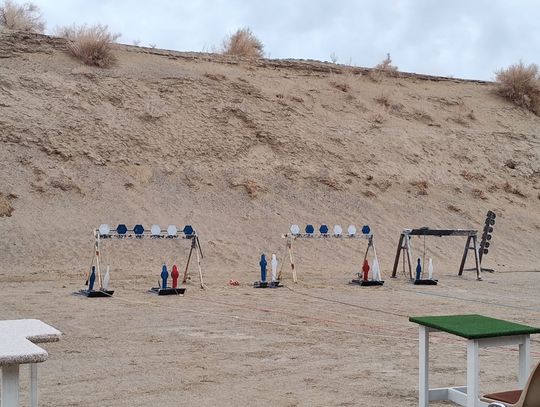
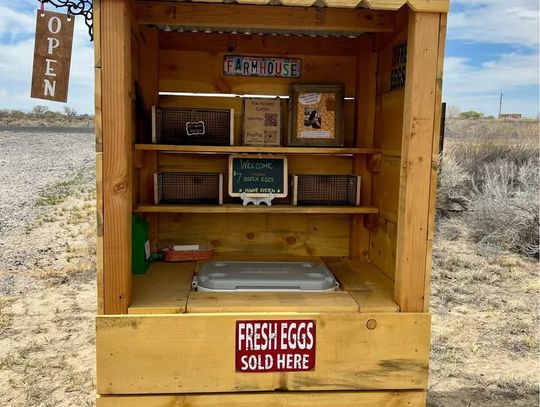


Comment
Comments